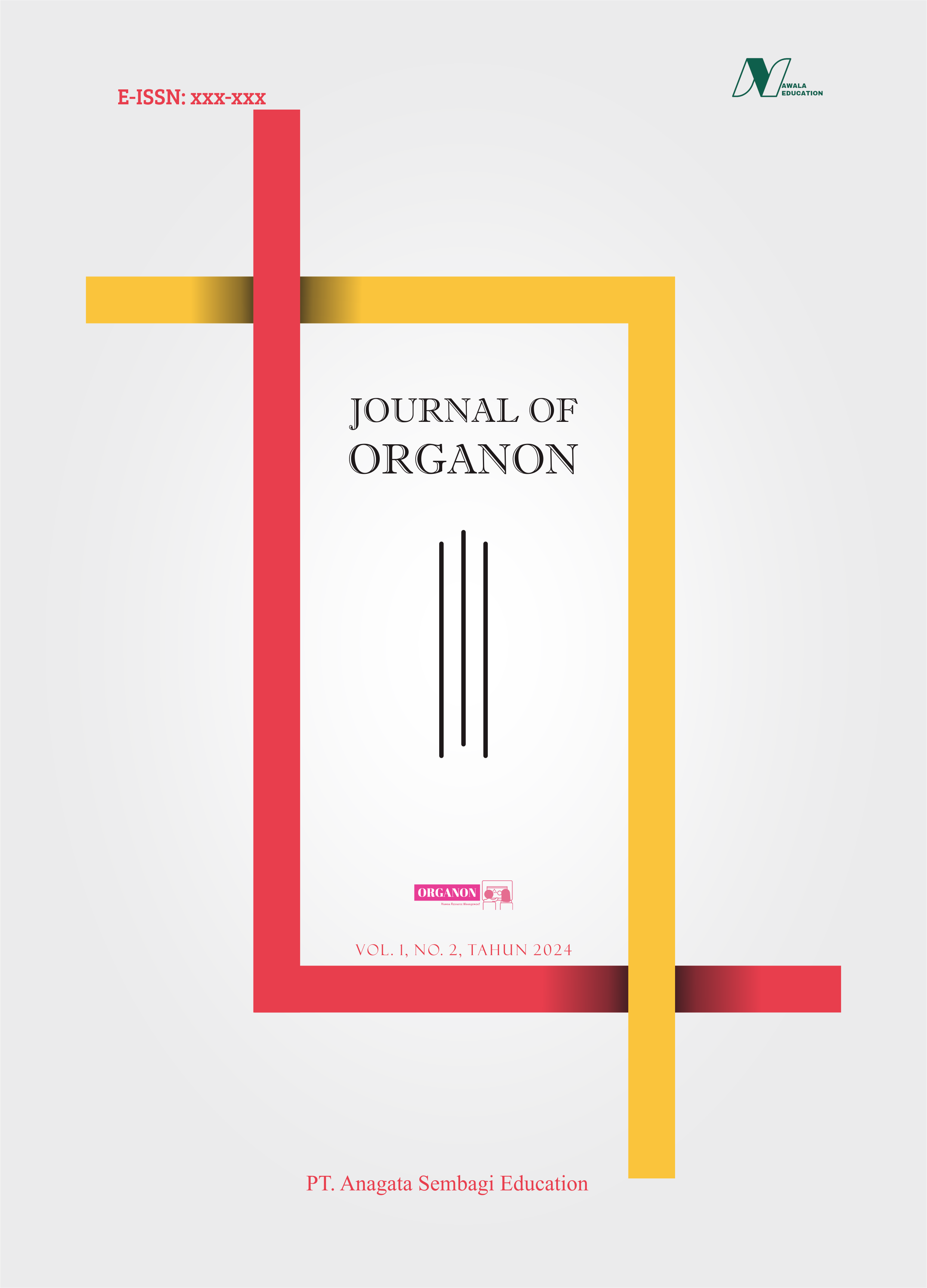The Effect of Employee Training and Development on Work Productivity in the Manufacturing Industry
Keywords:
Employee Training, Development, Work Productivity, Manufacturing IndustryAbstract
In the face of globalization and heightened business competition, the manufacturing sector must continually enhance work productivity to sustain its competitiveness. Employee training and development emerge as pivotal strategies in achieving this goal, aiming not only to bolster technical competencies but also to fortify work attitudes and motivation. This study scrutinizes the nexus between employee training and development and work productivity in manufacturing, with the aspiration to inform the design of more efficacious training initiatives and resource allocation. Moreover, the research envisages furnishing insights for HR practitioners and operational managers to refine human resource development strategies. Furthermore, it posits that a culture of continuous learning, fostered through training and development, engenders innovation and adaptability, thereby fostering long-term benefits such as enhanced product quality and customer satisfaction. Methodologically, employing a quantitative approach, the study conducts an explanatory survey among 200 manufacturing employees via stratified random sampling. Data analysis, facilitated by SPSS, elucidates the impact of training and development on productivity, fortified by reliability and validity checks. The findings underscore a significant correlation between training and development and work productivity, corroborating the theory advocating for investment in employee development. Discussion delves into the implications of these findings, highlighting factors such as training material quality, employee participation, and management support that influence program effectiveness. It concludes by advocating for tailored interventions and continuous program evaluation to optimize productivity outcomes in manufacturing.











